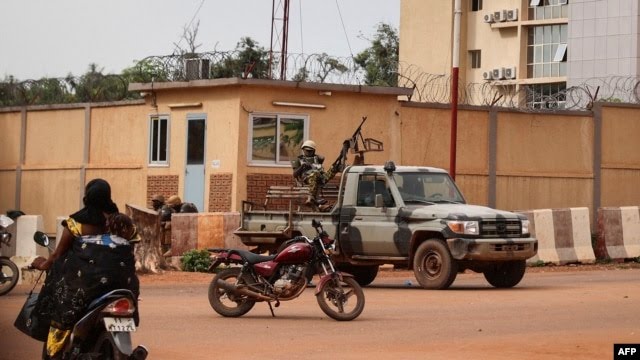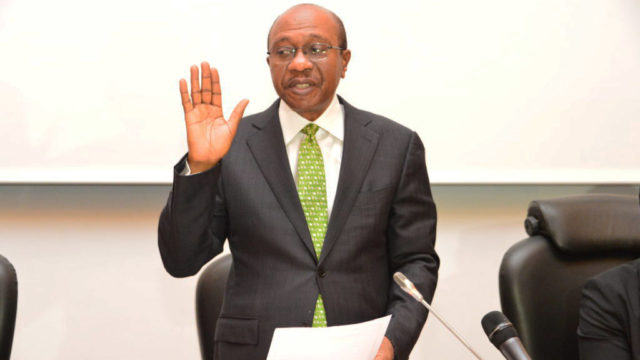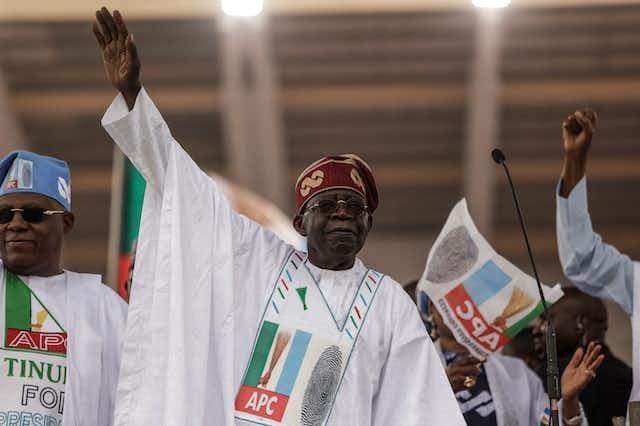PAG Felicitates Muslims on Commencement of Ramadan Fast
February 18, 2026TOP TEN MUSLIM UNIVERSITIES IN AFRICA
February 14, 2026ANALYSIS: Why Nigeria GDP is not the best in Africa Despite having the largest market
February 10, 2026Dozens of people killed in Burkina Faso multiple attacks
Dozens of people killed in Burkina Faso multiple attacks

No fewer than 44 people have been killed by extremist insurgents in multiple attacks in northern Burkina Faso.
Lt. Col. P.F Rodolphe Sorgho, governor of the Sahel region said in a statement that Kourakou and Tondobi villages in Seno province were attacked by the armed group.
The governor described the attack as “despicable and barbaric” and said the government was stabilizing the area while calling on people to remain calm.
Even though no one has claimed responsibility, officials have accused “armed terrorist groups” because extremist violence is widespread in the area.
The West African nation has been overrun by extremist insurgents linked to key terror groups that have killed thousands and displaced 2 million people over six years.
The violence has created the worst humanitarian crisis in the country’s history, forcing one in five citizens —some 4.7 million people — to be in need of humanitarian assistance, according to the United Nations.
Capt. Traoré, the country’s military leader, has pledged to retake territory from the rebels and to hold free elections in July 2024.
Burkina Faso is a landlocked country in West Africa with an area of 274,200 km2 (105,900 sq mi), bordered by Mali to the northwest, Niger to the northeast, Benin to the southeast, Togo and Ghana to the south, and the Ivory Coast to the southwest.
As of 2021, the country had an estimated population of 20,321,378. Previously called Republic of Upper Volta (1958–1984), it was renamed Burkina Faso by President Thomas Sankara. Its citizens are known as Burkinabès and its capital and largest city is Ouagadougou.
The largest ethnic group in Burkina Faso is the Mossi people, who settled the area in the 11th and 13th centuries. They established powerful kingdoms such as the Ouagadougou, Tenkodogo, and Yatenga. In 1896, it was colonized by the French as part of French West Africa; in 1958, Upper Volta became a self-governing colony within the French Community.











